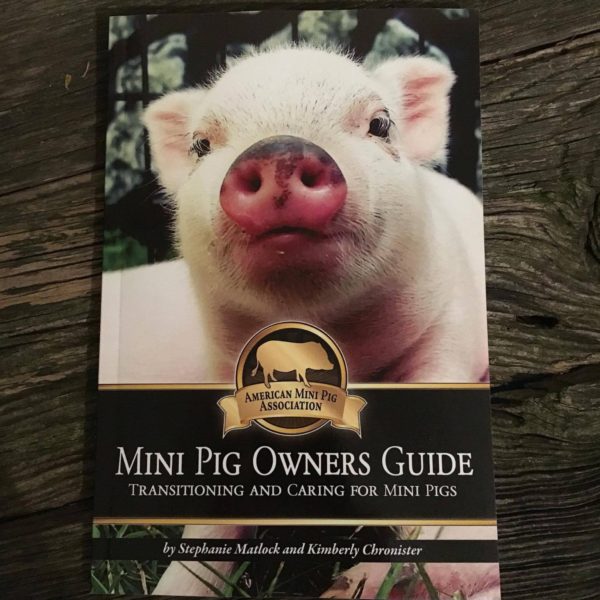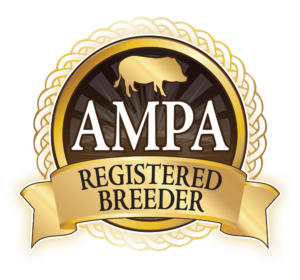Pigs As Therapy and Emotional Support Animals
Charming Mini Pigs has been placing pigs as Therapy Pets and Emotional Support Animals(ESA) for years. We are now providing new services that will better prepare our mini pigs to fulfill the needs of these jobs. If you are interested in learning more or you are looking for a pig to work as a Therapy Pet or ESA please contact us and we can discuss how to help you. You can reach us by clicking here.
Mini pigs are incredibly intelligent and sensitive animals which can make them candidates for therapy pets or emotional support animals. By definition, these are two very different jobs. Mini pig owners often choose to share their pig with their community schools and nursing homes. Spreading smiles and laughter with fundraisers and events centered around their pigs. Pigs have been recognized by families of children with autism to help with vocalization and calming. Pigs have been known to detect low blood sugar in their owners with diabetes or detect and warn of oncoming seizures. They can ease anxiety and panic attacks and improve the symptoms of depression and Post Traumatic Stress Disorder in some individuals. This does not mean that a pig can legally be considered a service animal. It is important to know the differences between a Therapy Animal, Emotional Support Animal and a Service Animal and what that means for you and your pig if you decide to share your pig as a therapy pet or you suffer from a disability or mental illness and hope to have your pig recognized as an ESA or therapy pet.
Therapy Animals
A therapy animal is a privately owned animal that is in no way governed by any state or federal law. They can be any type of animal, contracted by 501c3 therapy organizations, they can visit schools, hospitals, nursing homes, libraries as volunteers providing therapy to others through with comfort, affection and attention. They are not granted any rights. They can have no special access, except in those facilities or businesses when invited. They cannot enter businesses or buildings with a no pet rule and they cannot ride in the cabin of an airplane regardless of their therapy animal designation. They do require specific training. They can be certified as a therapy pet and must be certified for hospital access. Pet Partners is a nationwide organization that legitimately tests and certifies pigs and other animals as therapy animals. The certifying organization also carries insurance on the animal and the handler.
The American Mini Pig Association offers a therapy pet certification program. The AMPA training course information can be found here.






